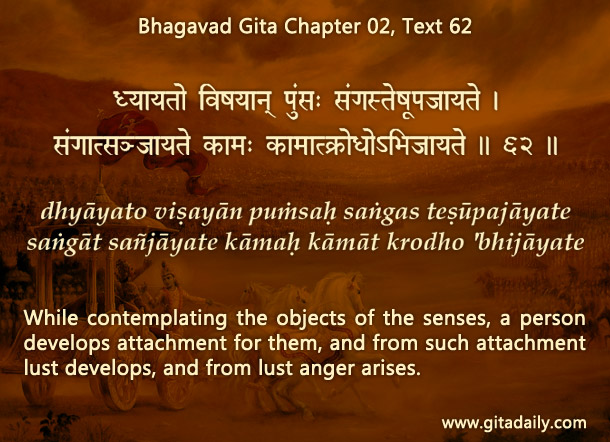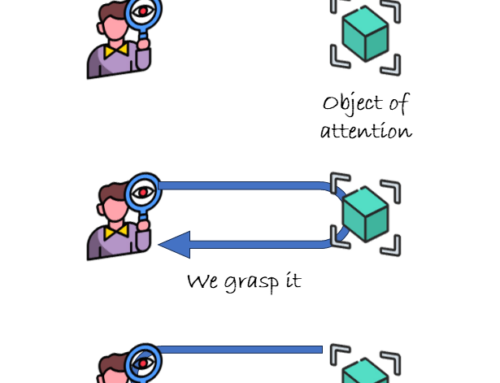Some people say, “We drink, but we don’t get drunk – we drink moderately.”
Such reasoning neglects the subtle and subconscious way habits become addictive. We frequently don’t realize the strength of our undesirable habits, till we try to break free from them. Just as a rope made of a soft material may bind us without our feeling pain till we try to break the bond, so too do habits bind us without our feeling the pain of bondage till we try to give them up. Just as the soft rope may even feel comforting, similarly the routine and release provided by habits can feel comforting.
Just as the soft rope may even feel comforting, similarly the routine and release provided by habits can feel comforting.
When we get comfort from something, our mind gravitates towards it whenever we face an uncomfortable situation. So when something goes wrong, we will find ourselves seeking relief in that comfort-providing activity often without our conscious decision or even awareness. And moderation in indulgence will seem like an obstacle to the relief we seek, even need. So, we will cross the line from moderation to excess, from, say, drinking to becoming drunk. And that first excessive indulgence may well begin a pattern of binging whenever relief is needed. We may thus find that the supposedly moderate habit has become an addiction that can ruin our conscience, intelligence, relationships, finances, health, life itself. Pertinently, the Bhagavad-gita (02.62-63) warns that contemplation on a thing can induce a forceful desire for it and propel us on the path to self-destruction.
Therefore, why court danger? Better to break dangerous habits before they break us. For that, we need to find shelter in something safer, higher, purer. The best such shelter is Krishna, the all-attractive, all-pure Supreme. If we develop the habit of finding comfort in him, we won’t fall for the pseudo-comfort of dangerous habits.

Explanation of article:


Leave A Comment